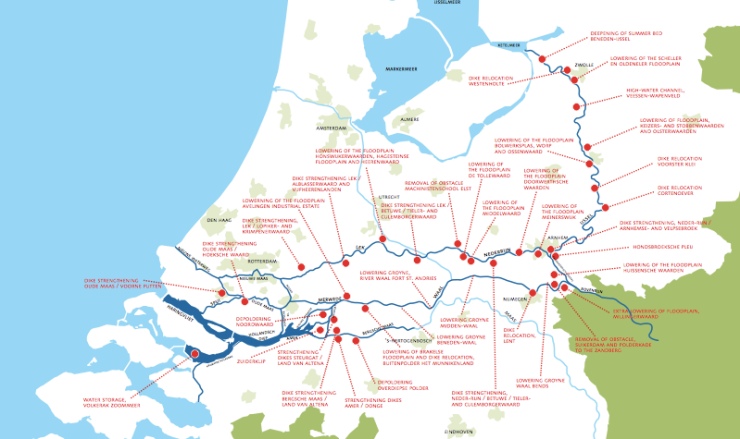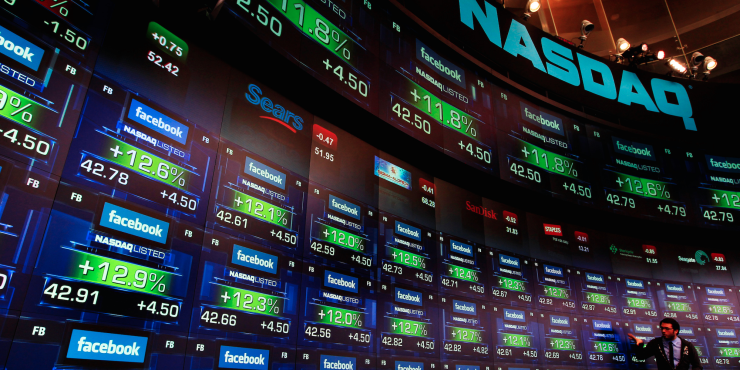Financial Market: From Pedro Alvares Cabral and Fishermen to Steve Jobs

So I always wondered “Why do some CEO’s get fired from their own companies?”, I mean if they own the company, how come they get thrown out like our friend Steve did?
Well……I believe that humans are stupid, but also extremely cunning. When these two characteristics get combined, we get capitalism and it’s products.
I’m no socialist here, nor communist and neither a capitalist, what I am is a human being that likes to study things and think about them. So let’s study economy right now. More specifically, how a country filled with fishermen gave birth to one of the best ways to grow a company and share it’s profits, and more importantly, how that invention screws with us to this day, or even CEO’s. Don’t worry, I actually like this invention, but everything has a downside.
History Time – How did we began creating huge companies??

It all began with spices in the East Indies. While Jesus prayed and gave his speeches, the Roman Empire’s elite was spending all its cash on spices from the East. Now why is that important? Well, spices were not cheap as they are today, they were actually pretty expensive. They were almost valued as their weight in gold.
Let me explain why is that: in order for spices get from the East Indies to the Roman Empire, it changed hands a lot, there were too many intermediaries.
After many years the Roman Empire collapsed and Middle Age settled in. However, the spices trade remained, and it’s value continued to be high. For a while there, the spices’ path were: boats filled with spices went to the Arabian Peninsula; then it went on the back of camels through the desert to finally arrive at Egypt; then it was sold to the merchants from the Mediterranean by the Alexandria port. And the only people who could anchor their ships there were the Venetians(From Venice). Why? They had negotiated a monopoly(More on Monopoly in future posts) with the Egyptians. There had to be a better way to buy spices that didn’t went through some bullsh#t monopoly.

See at the time Pedro Álvares Cabral was just 33 years old, same age as, let’s say, Mark Zuckerberg. He was starting to take his ships to find better routes to the East Indies and Portugal was a feudalistic based economy, with many rich owners of land and plenty of bankers. So to finance his travels, this fellow guy went looking for bankers to support him.
The bankers had to get into an investment with extremely high risk. If he didn’t come back, there it goes 1 million dollars. But still, he managed to get the investment and now Brazil speaks portuguese (yey!). Well, some other places didn’t have many benefits that Portugal and other European countries had. Some countries faced constant floods, were surrounded by rivers and it’s territory didn’t allow for large plantations to be developed.

Nature dictated that this country, which a 1000 years ago had 1/5th of it’s territory flooded, faced the northern sea and two enormous rivers, Reno and Mosa, was no place to live. However, in spite or even because of the difficulties of the terrain Netherlands became the breeding ground for what capitalism is today. Human spirit manages to subdue even the worst odds, and at it’s best, can create the best inventions under those odds.
Because of the abundance of rivers, feudalism didn’t set foot in there, there were no huge chunks of land to control, there was only a community of buying and selling fish. While at other parts of Europe many people were slaves to their fat landowners, at Netherlands most were their own bosses. Sure there were their elite and stuff, but it wasn’t a big part of their economy. What happens is: the country developed a rich trading culture between many fishermen.
Dutchmen learned to harness the power of nature and make it work for them, building dams and structures to drain water. Thats why we have Amsterdam and many other cities with dam in the name. In this case means the Dam of the river Amster.
Centuries of hard work and group work created a more democratic and humanist view in the region. They even have a say for that “God created the world, but the Dutch created the Netherlands”. I feel pumped up right now, don’t you??? I mean, the power of human nature saying no to our own limitations, no? no? You have no heart.
Well, because of their hard work and ingenuity, people didn’t work for food or shelter, they worked for salaries. That my friend, is a breeding ground for a capitalistic economy.

Well, what does NASDAQ or any other stock exchange has anything to do with Netherlands, fishermen or feudalism?? What about Pedro Álvares Cabral? Am I crazy? Yes I am, but it’ll all make sense in a while.
See, because of it highly capitalistic economy, the dutch began industrializing it’s fishing ships, where it were designed so as to the tripulation could fish, clean, and stash(not the github command) the fish on salt barrels on board. It wasn’t only on the ships, everything, from fishing to agriculture was becoming industrialized, talk about Renaissance before it was cool!
Anyway, the only thing stopping the dutch to claim the spices trade was the fuel to do those trips that Pedro Álvares Cabral proposed. They needed money, and a lot. But how can you get plenty of money if there is not one highly rich banker or landowner in your country?
You just couldn’t find people willingly to put in that much money with bigger risks than, say a Portuguese fleet. Although the dutch were very advanced in their fishing trade, their rate of return of investment was much less than of Portuguese fleets. They had much more casualties than their little friends.
But how about reducing risks? How about dividing the profit between plenty of buyers, and with it divide the risk of the investment?
That is what the dutch came with. You guessed it right, the Stock Exchange. You could buy a piece of paper that said you had 5% of the total profit from the trip, and you buy this piece of paper by the estimative of the total profit.
More on the awesome dutch’s history later.

How did Steve got kicked out of Apple? Well here is a slight difference between the way the dutch used their stock exchange and the way we use them today. Before you had the rights of the profit of the company, but the captain of the ship answered only to himself.
Nowadays the captain, or CEO, when he opens his/her company up to the public, he/she also loses decision power. Some decisions are taken by larger buyers of your stock.
Sometimes, the CEO sells so much of his/her stocks that he loses also power in the board of meetings (where all the big buyers of stocks come together to decide the future of the company). And if the vision of the CEO and of it’s shareholders diverge too much, he/she gets kicked out.
So here we have a small summary to understand why Stock Exchanges exist and how they help fund companies in their early stages.
More blog posts about all of this coming soon…
Credit:
Most of this story comes from Crash: A brief economy history. Buy Here: https://www.wattpad.com/story/76874688-crash-a-brief-history-of-economics



